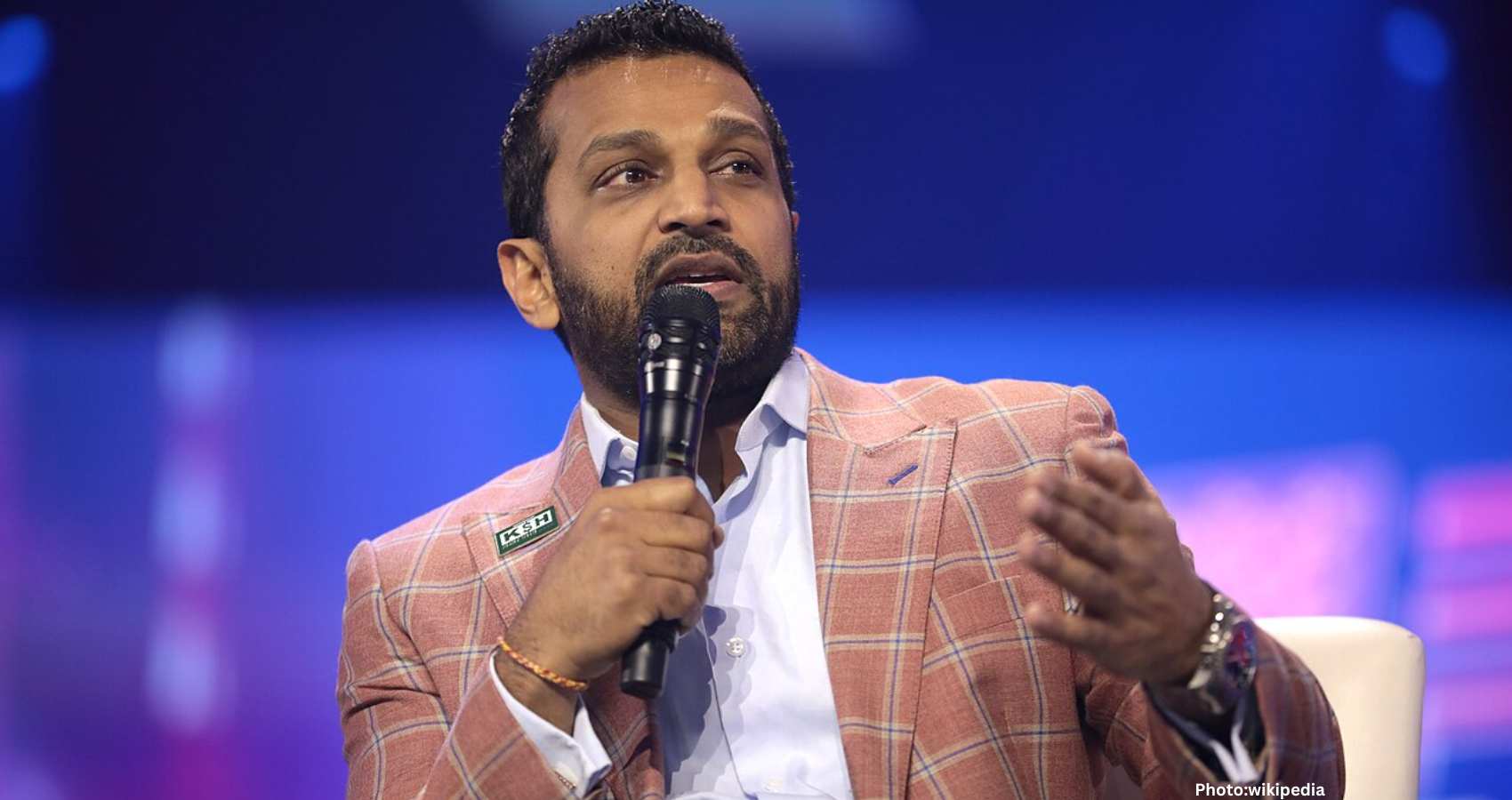FBI Director Kash Patel’s tribute to the late conservative activist Charlie Kirk, referencing Valhalla, has ignited a debate about cultural and religious significance on social media.
WASHINGTON, DC – A recent tribute by FBI Director Kash Patel to conservative activist Charlie Kirk has sparked considerable attention and debate across social media platforms. Kirk, who was just 22 years old, was tragically shot dead on September 10 while speaking at Utah Valley University.
During a press conference on September 12, where Patel announced the arrest of the alleged shooter, Tyler Robinson, he concluded his remarks with an emotional farewell: “Rest now, brother. We have the watch, and I’ll see you in Valhalla.”
The reference to Valhalla, a hall from Norse mythology where warriors are believed to go after death, has drawn criticism, particularly given Patel’s Hindu upbringing and Kirk’s Christian faith. Many social media users expressed their confusion and concern over the cultural and religious implications of Patel’s statement. One user remarked, “Valhalla??? Charlie loved Christ and he is in heaven.”
In contrast, some defended Patel’s choice of words, arguing that invoking Valhalla was intended as a tribute to a fallen warrior. They emphasized that the sentiment behind the reference was one of honor and respect for Kirk’s life and legacy.
Patel, who famously swore his FBI oath on the Bhagavad Gita, faced scrutiny for his choice of words. One commenter questioned, “Wasn’t Kash Patel raised Hindu? Why is he talking about Valhalla? My brother, you have so many more cycles left in the samsara.”
This incident highlights the complexities and sensitivities surrounding cultural references in public discourse, particularly when they intersect with diverse religious beliefs. As the conversation continues to unfold on social media, it remains to be seen how this tribute will be interpreted in the broader context of interfaith dialogue and cultural understanding.
Source: Original article

